A Lawyer’s Journey: Gillian Budd and Teach First
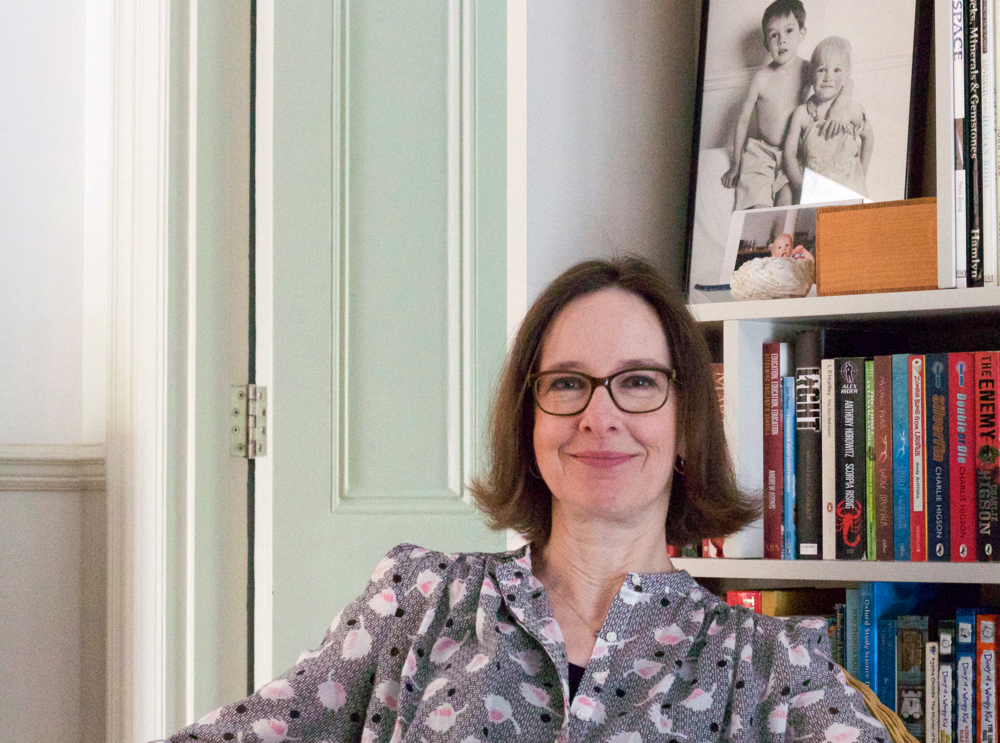
My days at the school gates may be in the distant past. But for lawyer Gillian Budd — a mother whom I met for the first time when our now university age sons were just starting Year 1 — her school gate days will continue indefinitely. As head of governance, legal and compliance at the charity Teach First, Gillian and her “wonderful but tiny” team work hard everyday to help fulfill the charity’s mission to end educational inequality. This busy mother of three boys has always held the interests of children close to her heart, working continually to develop her legal career around helping young people to achieve for themselves and future generations. She shares her story and her passions for education and Teach First with us here.
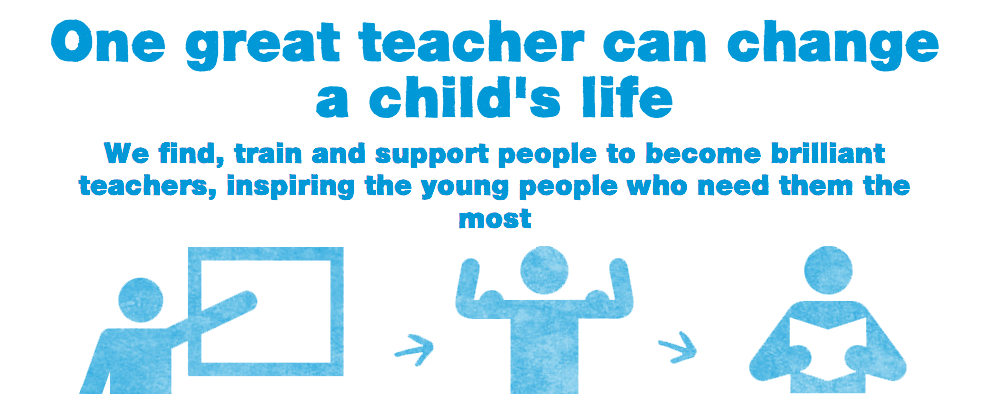
Fabulous Fabsters: What attracted you to becoming a lawyer and what do you enjoy most about it?
Gillian Budd: There were no lawyers in my family nor did I know any so it was a total leap of faith! I planned to read history at university but for some now forgotten reason I began to think that law might be interesting. I was attracted to the problem solving, real life aspect of the subject. When I arrived at university and was required study Roman law though, I was less sure. Once we got into the other topics like judicial review, human rights, labour law and I could see how one might be able to challenge public decisions, things became more interesting. Being a lawyer has given me the power to help people. If any of this is worth doing, it is for this.

FF: You read law at Cambridge both undergraduate and masters (LLM), after which you qualified and became a solicitor at a large commercial law firm, Slaughter and May. What did you learn there that you took with you?
GB: At Slaughter and May, I was able to try out a range of legal work. I loved the variety and was not pigeonholed or particularly limited in the projects that I took on. The obvious next move for me was to work “in house” for a company where I would be expected to handle whatever legal issue comes across my desk. I made that move to Cadbury Schweppes, a major “fast moving consumer goods” company that produced food and drink. I had a great time protecting some of the most popular brands in the UK, buying and selling businesses across the world and working on creating the National Lottery. I very much enjoyed being an adviser — getting the company and employees out of difficult situations or even better, avoiding them.

FF: How did your work at Cadbury Schweppes influence your eventual work in the charity sector?
GB: The company values of where I work have always been important to me. At Cadbury Schweppes, a company started 150 years go by a Quaker family — the Cadburys — there was a strong sense of good corporate behaviour which was tangible. Well before the days when “corporate social responsibility” took off, the company had a charitable foundation which captured my interest along with working on areas like ethical procurement and labour conditions in the Ghana cocoa plantations. Through this work, I was increasingly becoming drawn to working in the charity sector.
FF: And then?
GB: So, after many years of loving the life and work of a corporate in house lawyer, I joined Save the Children UK and never really never looked back. From there I went to Plan International — a child rights organisation — and now for Teach First, a fantastic, ground breaking English charity.

FF: Tell us more about Teach First.
GB: Teach First is the youngest organisation I have worked for. Slaughter and May, Cadbury Schweppes, Save the Children and Plan International had all been operating for over seventy five years. Teach First is only fifteen years old. In a little more than a decade, Teach First has helped make change happen. Our mission is to eradicate educational disadvantage by helping to give children in low income communities across England and now in Wales the education they deserve. I find the situation of NEETS (Young people who are Not in Employment, Education or Training) tremendously upsetting. From their point of view, they have no viable way out. I worry constantly about what we are going to do about providing skills for future generations.
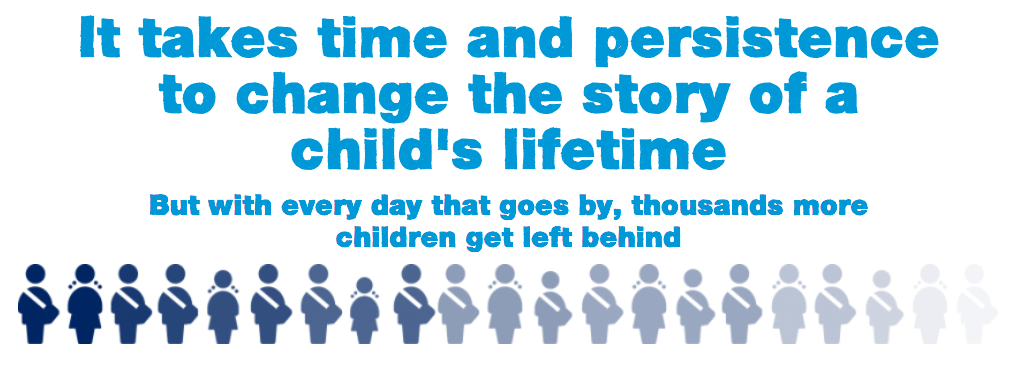
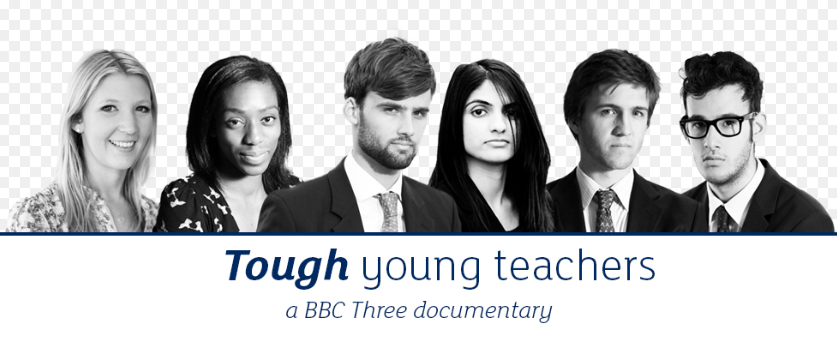
FF: How did you join Teach First?
GB: I look back and realise that joining Teach First was my fate. When I worked as in house lawyer to Cadbury Schweppes, I heard about this new concept of getting the best university graduates in the UK to commit to teaching in schools with the highest proportion of pupils on free school meals. I remember, very clearly, thinking “that is the most brilliant and simple idea – what can I do to help?”. I volunteered as a coach to some of the young people becoming Teach First teachers. They were all wonderful individuals – driven to make a difference, wanting to be part of a movement for social change, passionate for their pupils to succeed and have aspirations – and without Teach First they would never have been in the classroom. About 6 years later, having taken up a very different career myself and working very happily as a lawyer for an international development charity working to change children’s lives in developing countries, I received a cold call from Teach First saying that they needed a legal/ governance head and was I interested? I said very honestly that I loved my job and had it been any other charity than Teach First I would have said no, not interested. But since it was Teach First, we had to talk!
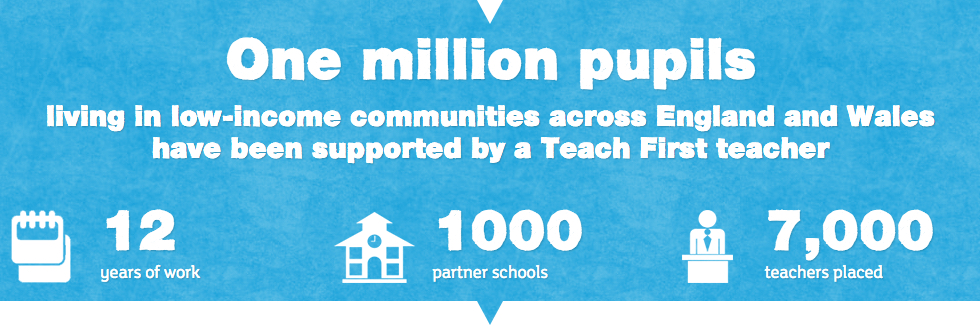
FF: What do you love most about what you do?
GB: The constant variety – I fear I am an adrenaline junkie. I enjoy solving difficult issues for an organisation that has a sense of charitable mission and purpose. Hearing about children’s lives changing because of what the charity does is very satisfying.
FF: What is your advice to anyone considering a career change?
GB: Talk to as many people as possible. I did that a lot when I was working out if I could even make the move. People are really approachable usually and each of those conversations I had helped in some way, either by generating ideas or making me re-evaluate. I do that a lot for others now – often young lawyers in law firms – who are attracted to a job as a charity lawyer. Also apply for jobs even if you don’t seem to fit the bill exactly; you might need interview practice and it will make you work up your CV. You also meet some interesting people and get a clearer sense of what you want and whether you really want to take the plunge.

FF: How difficult is it to juggle the demands of family life with your career?
GB: I have tried every combination of working week ( 2 days, 3 days, full time, shorter days ) and feel incredibly lucky that my last 4 employers have allowed me to work flexibly and part-time with a long break in the summer, when we go away as a family to Australia to visit my husband’s family. I was at work in the “bad old days” when maternity leave was short and everyone was filled with guilt about staying away longer than the norm. I think we lost so many talented women to the world of work in those days and that loss of diversity of views and perspectives was damaging to employers. It is so much better now — though having just read about the requirement for women on reception desks in professional services firms to wear a certain height of heel, the battle is far from over!
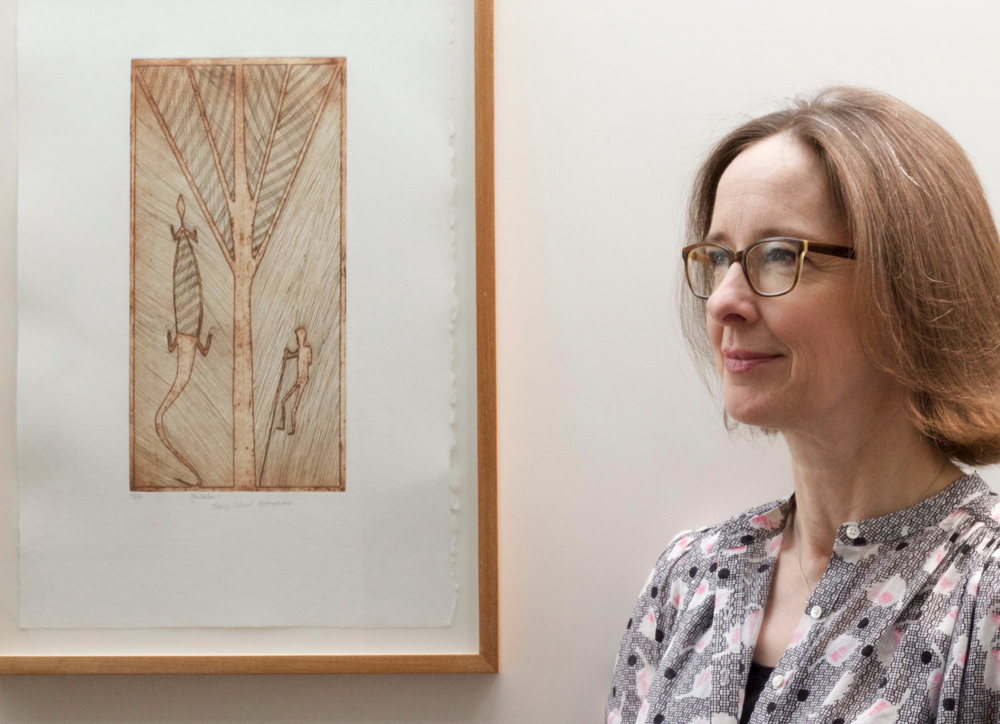
FF: How do you stay strong and well in body and mind?
GB: Pilates and fiction. I cannot have a day without reading a novel or watching a play or a film and preferably all three. Currently, I am also obsessed with my number of daily steps and Fitbit. I cherish time with my boys (husband, 3 sons, 1 male cat) and our Augusts in Australia, which is as far from my London life as it could be except the language and good coffee are the same.
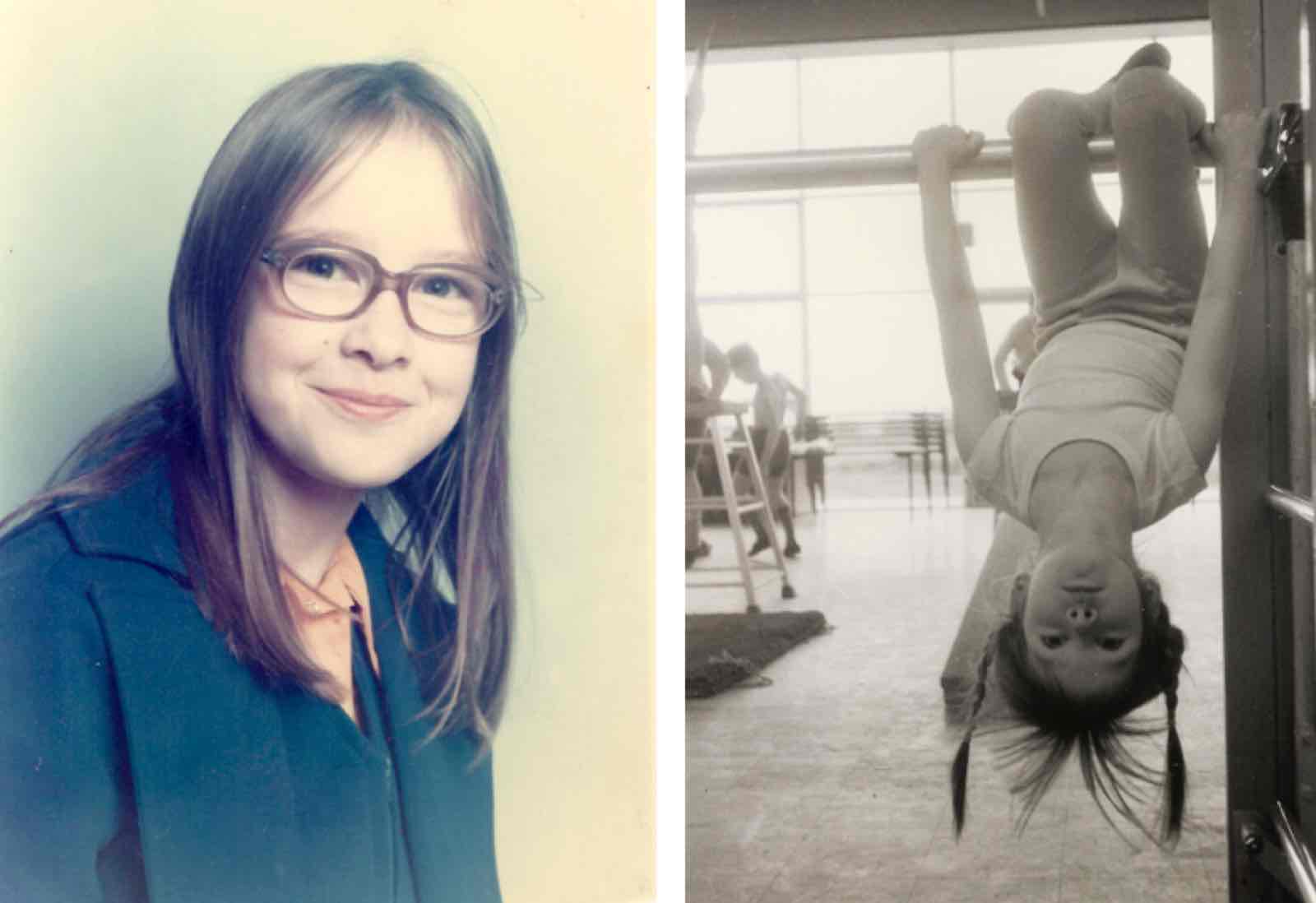
FF: What is it about your early education that you would hope all children would be able to access?
GB: I think the answer is simple — fantastic teachers. We all have a story about a teacher who did or said the right thing at the right moment, who was on our side or taught us something that made us engage with that subject in a different way. Children in schools in low income communities need to have access to the best teachers too. I credit Mr Wells, who taught me at Ingatestone Anglo European school in Essex, with getting me to apply to Cambridge. I will never forget the way he spent so much of his own time to support me.
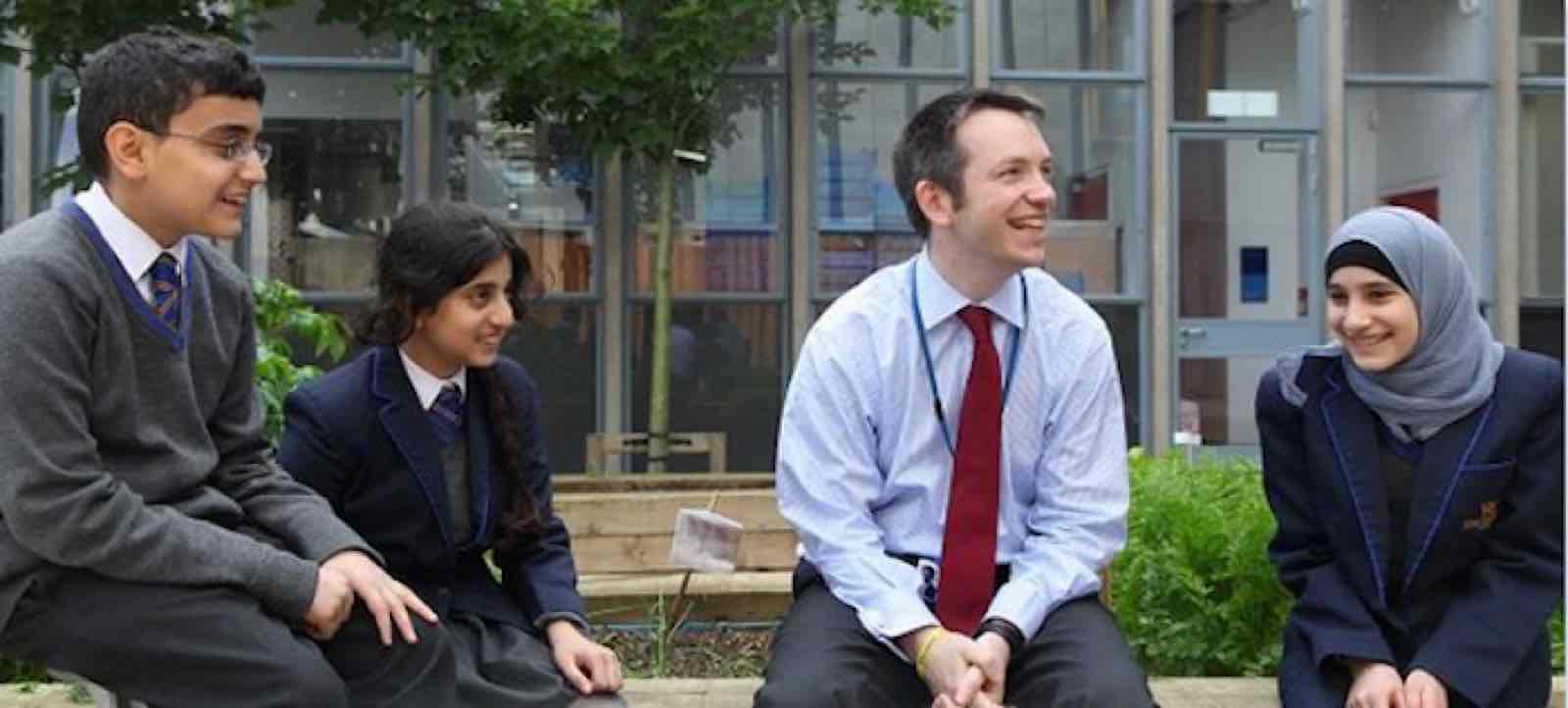

A Fabulous Fabster thank you to Gillian Budd!
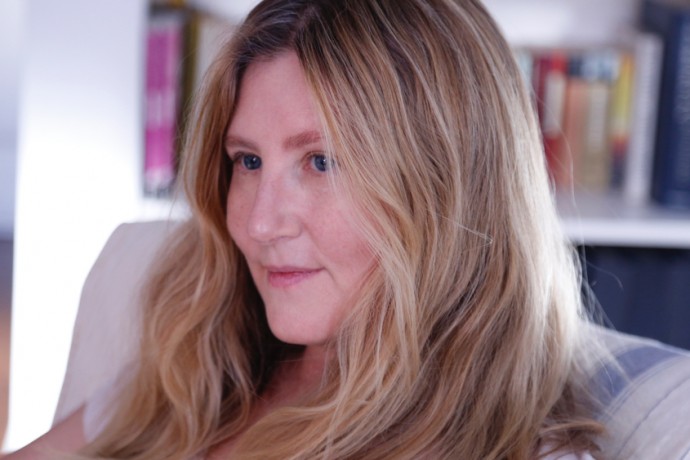
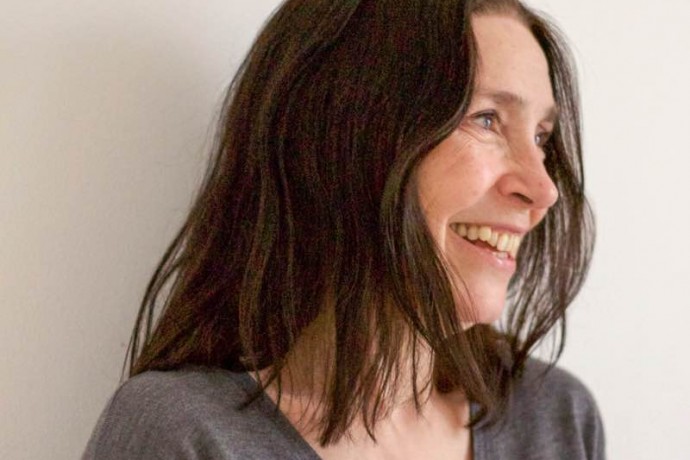
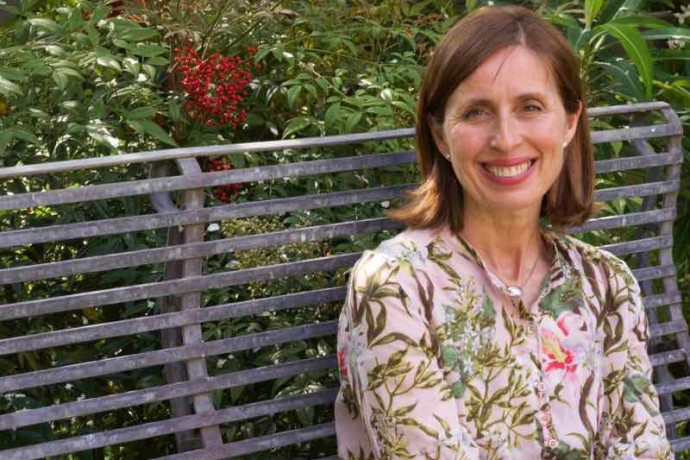
Thank you for introducing Gillian and her fantastic work at Teach First. Tackling inequality at an educational level must be the way forward…x
Yes, Deborah — I agree wholeheartedly. Education is the key to tackling inequality and improving the world around us. All the best, Christine.
How very sad that Cadbury’s can no longer be described in the same way today. The Gillian Budd’s of this world would find nothing to praise if she was part of that company now.
Inspiring x